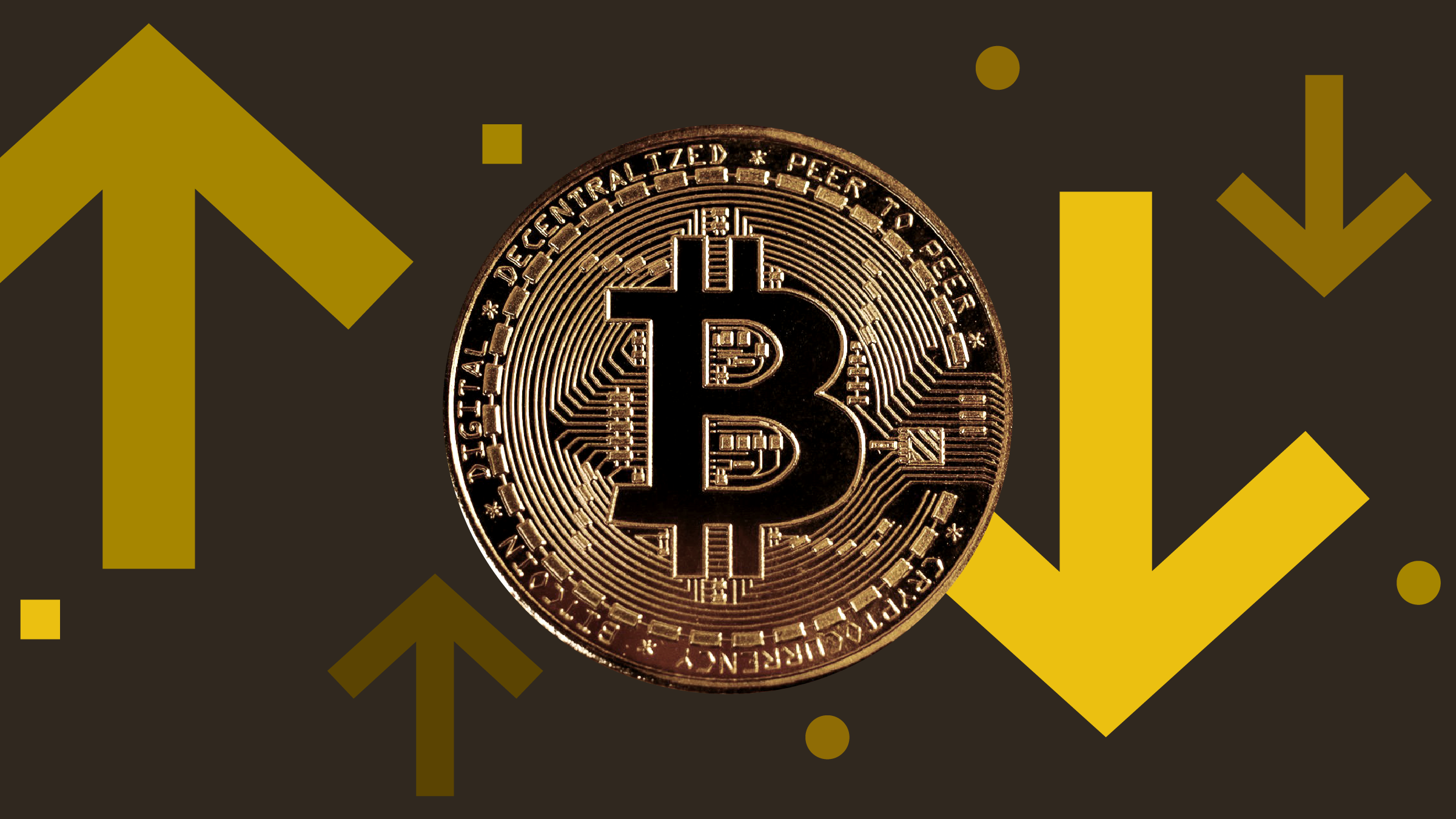In a major step towards regulatory compliance, cryptocurrency exchange OKX has reached a settlement with the U.S. Department of Justice (DoJ). The agreement includes an $84 million fine and the forfeiture of $421 million in user fees, marking the end of a lengthy investigation into the firm’s operations.
We cooperated with the US Dept of Justice in their thorough investigation of our business. We had a small percentage of customers who were able to use our international services due to historical compliance gaps. Today our compliance controls are among the leading in the… pic.twitter.com/sg1b2GC4wE
— OKX (@okx) February 24, 2025
A “Misunderstanding” or “Flagrant Violations”?
While OKX has framed the settlement as the resolution of a compliance misunderstanding, the DoJ’s official statement took a harsher stance. The department accused the exchange of “flagrant violations” and a “blatant disregard” for regulatory requirements, underscoring ongoing tensions between U.S. authorities and the crypto industry.
The primary issue at hand was OKX’s facilitation of trading services for U.S. customers without proper licensing. This enforcement action highlights the evolving scrutiny faced by global exchanges as they navigate the complex regulatory landscape in the U.S.
Crypto Regulation: A Shifting Landscape
OKX’s settlement comes at a time when the U.S. government is demonstrating an inconsistent approach to crypto regulation. While the DoJ pursued a strict penalty against OKX, the Securities and Exchange Commission (SEC) recently dropped its lawsuit against Coinbase and ended investigations into Robinhood and NFT marketplace OpenSea. The contrast suggests that different regulatory bodies may not be aligned on how to oversee the digital asset space.
A Price Worth Paying?
Despite the significant financial penalty, OKX remains in a strong position. The exchange generated over $1.5 billion in revenue last year and continues to hold substantial assets and trade volumes. The $504 million settlement, though steep, may ultimately be a strategic move to secure a long-term foothold in the U.S. market.
Also Read:
As the regulatory environment continues to evolve, crypto exchanges are likely to face increased scrutiny. OKX’s settlement could serve as a precedent for future enforcement actions, signaling that the U.S. government remains committed to enforcing compliance—even as its approach remains unpredictable.
Disclaimer: The information in this article is for general purposes only and does not constitute financial advice. The author’s views are personal and may not reflect the views of CoinBrief.io. Before making any investment decisions, you should always conduct your own research. Coin Brief is not responsible for any financial losses.




